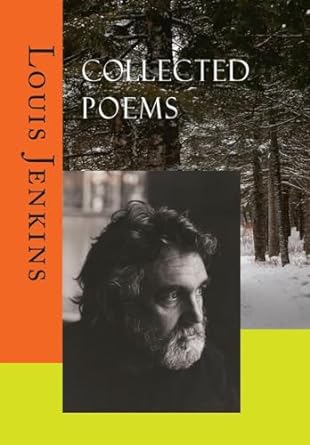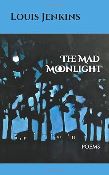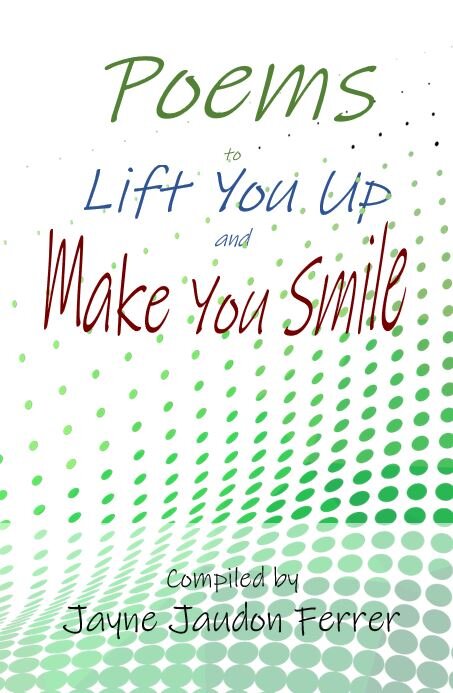| |
|
There might be some change on top of the dresser at the
back, and we should check the washer and the dryer. Check
under the floor mats of the car. The couch cushions. I have
some books and CDs I could sell, and there are a couple big
bags of aluminum cans in the basement, only trouble is that
there isn't enough gas in the car to get around the block. I'm
expecting a check sometime next week, which, if we are careful,
will get us through to payday. In the meantime with your one—
dollar rebate check and a few coins we have enough to walk to
the store and buy a quart of milk and a newspaper. On second
thought, forget the newspaper.
From Sea Smoke (Holy Cow Press, 2004)
|
.jpg)
Louis Jenkins (1942 - 2019) was a native of Oklahoma, but lived in Duluth, Minnesota, for 40+ years. The state's natural beauty was a constant source of inspiration for his work, which was often humorous and always thought-provoking. Considered a master of prose poetry, Louis authored sixteen books and was featured in numerous anthologies. He claimed that pleasure, clarity, and empathy are among the most essential characteristics of a poem.
   .jpg)
|
|
MLove:
I enjoyed the poem, but what I most appreciated was the statement in his bio
"Louis says that pleasure, clarity, and empathy are among the most essential characteristics of a poem." Amen, brother.
Posted 05/22/2011 11:32 AM
|
mary haswell:
I think in this day you would have
to skip the milk also!
Posted 05/22/2011 10:43 AM
|
|
|
|




.jpg)



.jpg)